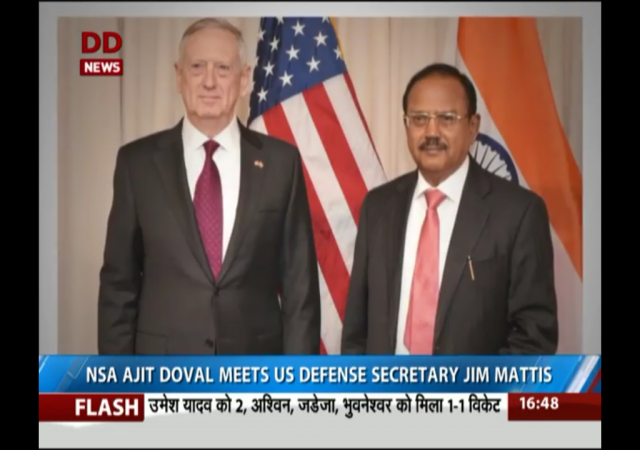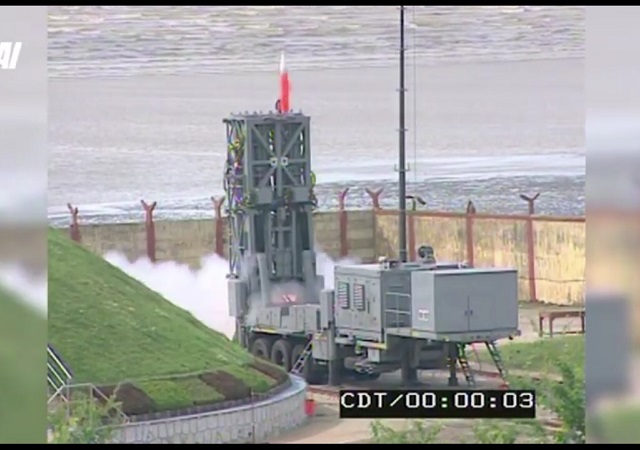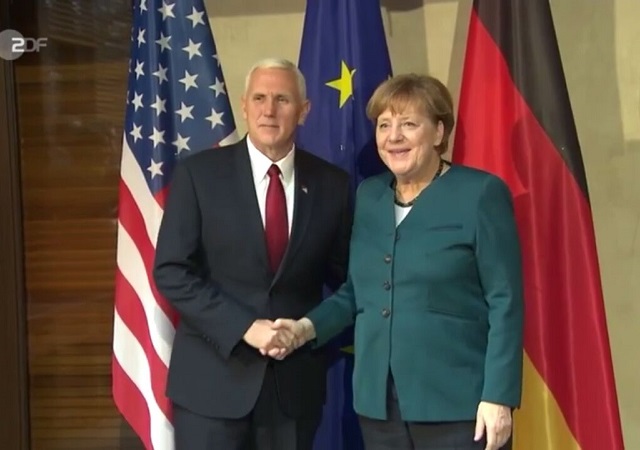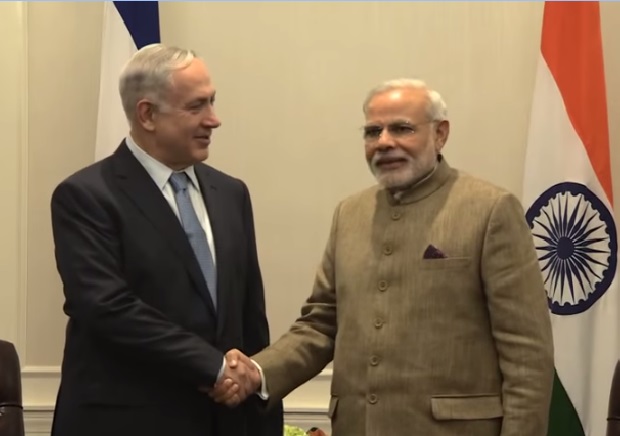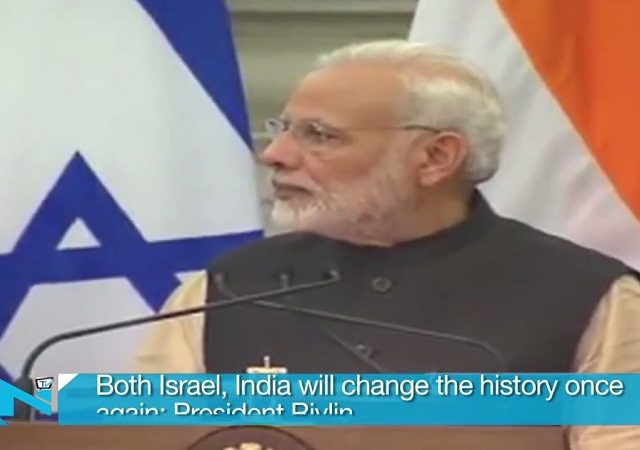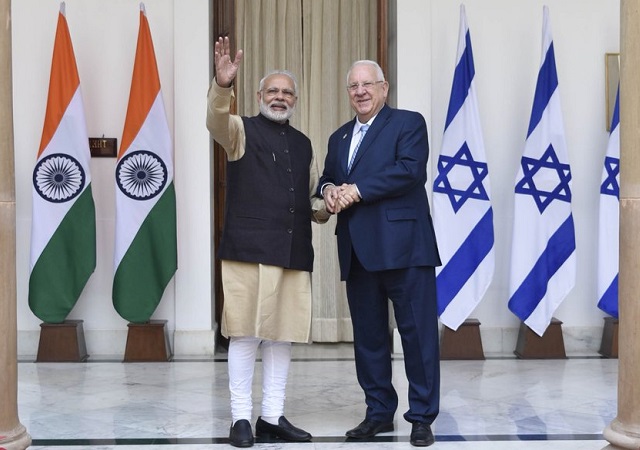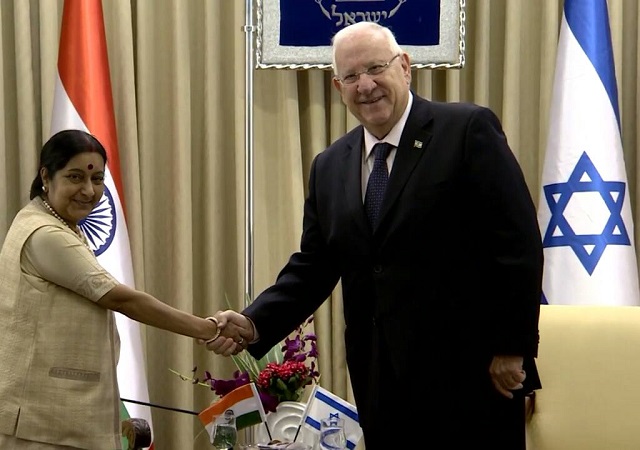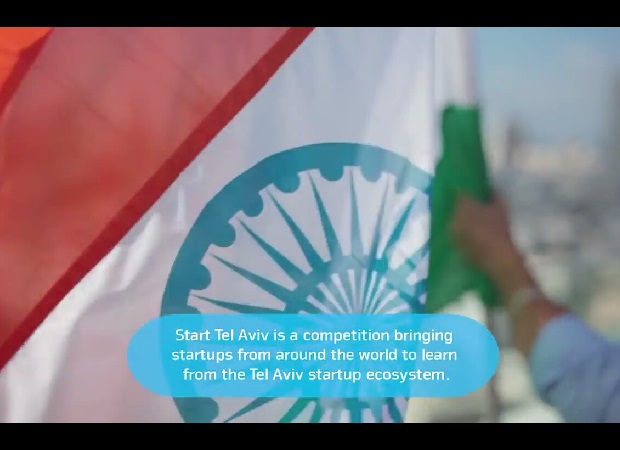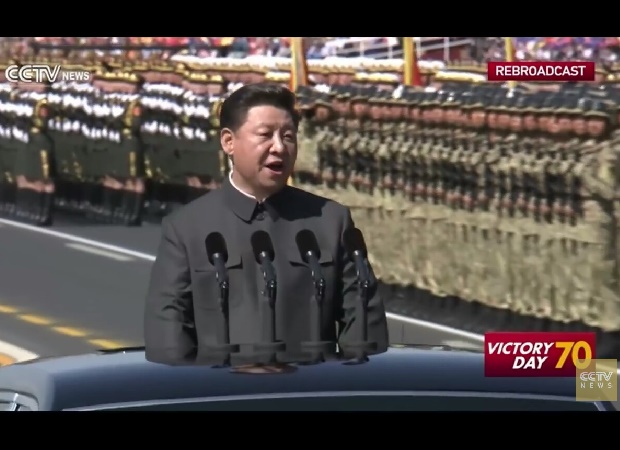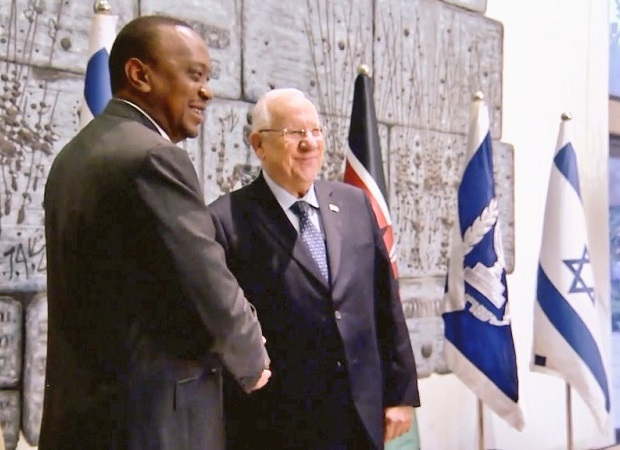New India-Israel Venture to Raise Funds for Start Ups
on June 29, 2017
1 Comment
Just days ahead of Indian Prime Minister Narendra Modi’s historic visit to Israel, an Israeli-Indian partnership has announced the creation of a funding platform to help start-ups find investors in each other’s country.
Israel’s equity crowdfunding firm OurCrowd and India's leading start-up platform LetsVenture have joined hands to create an 'India Fund' for Israeli and Indian start-ups, seeking to rope in big investors, family funds and OurCrowd’s own global network of investors.
“India is a critical growth market for our business with a huge number of very exciting startup investment opportunities in a range of sectors,” OurCrowd CEO Jon Medved said.


